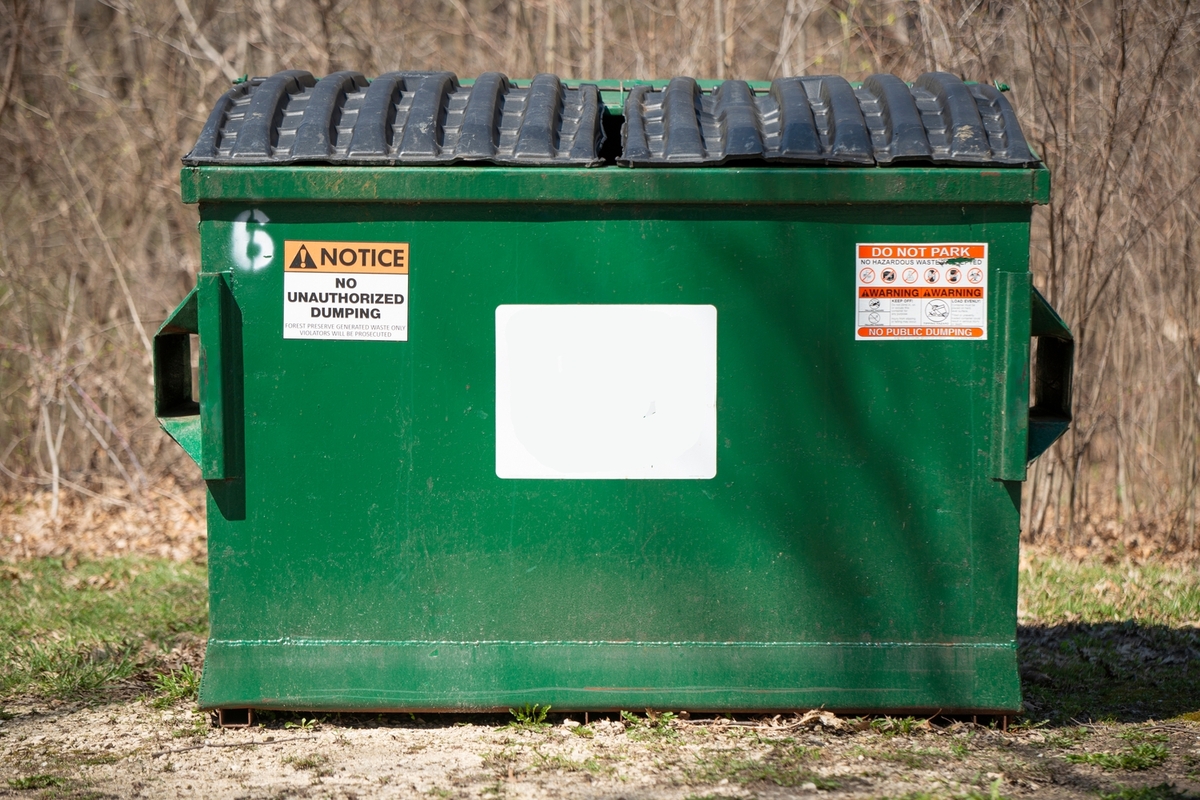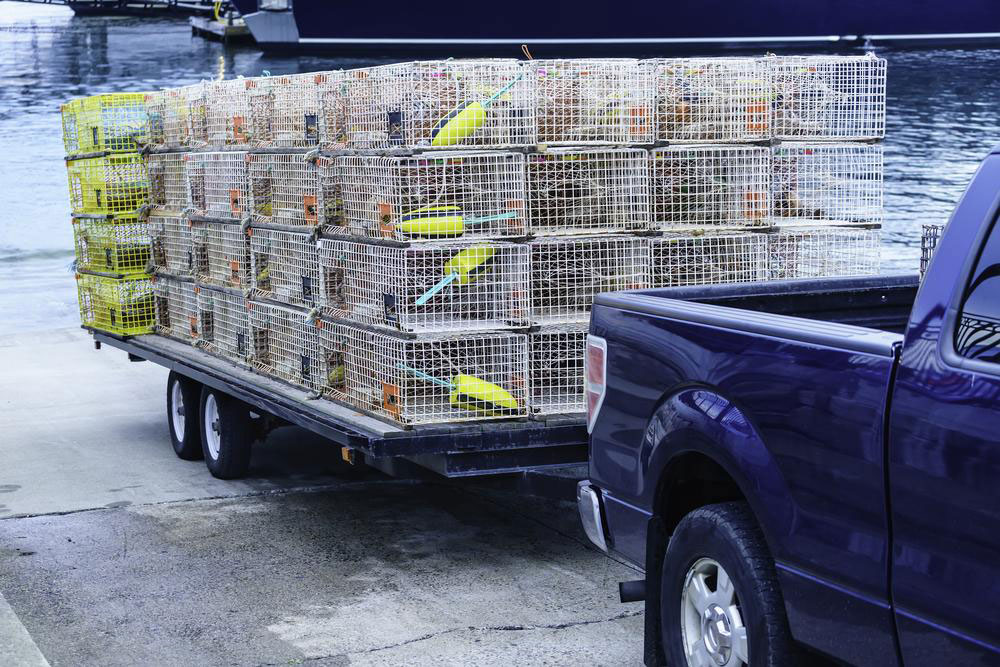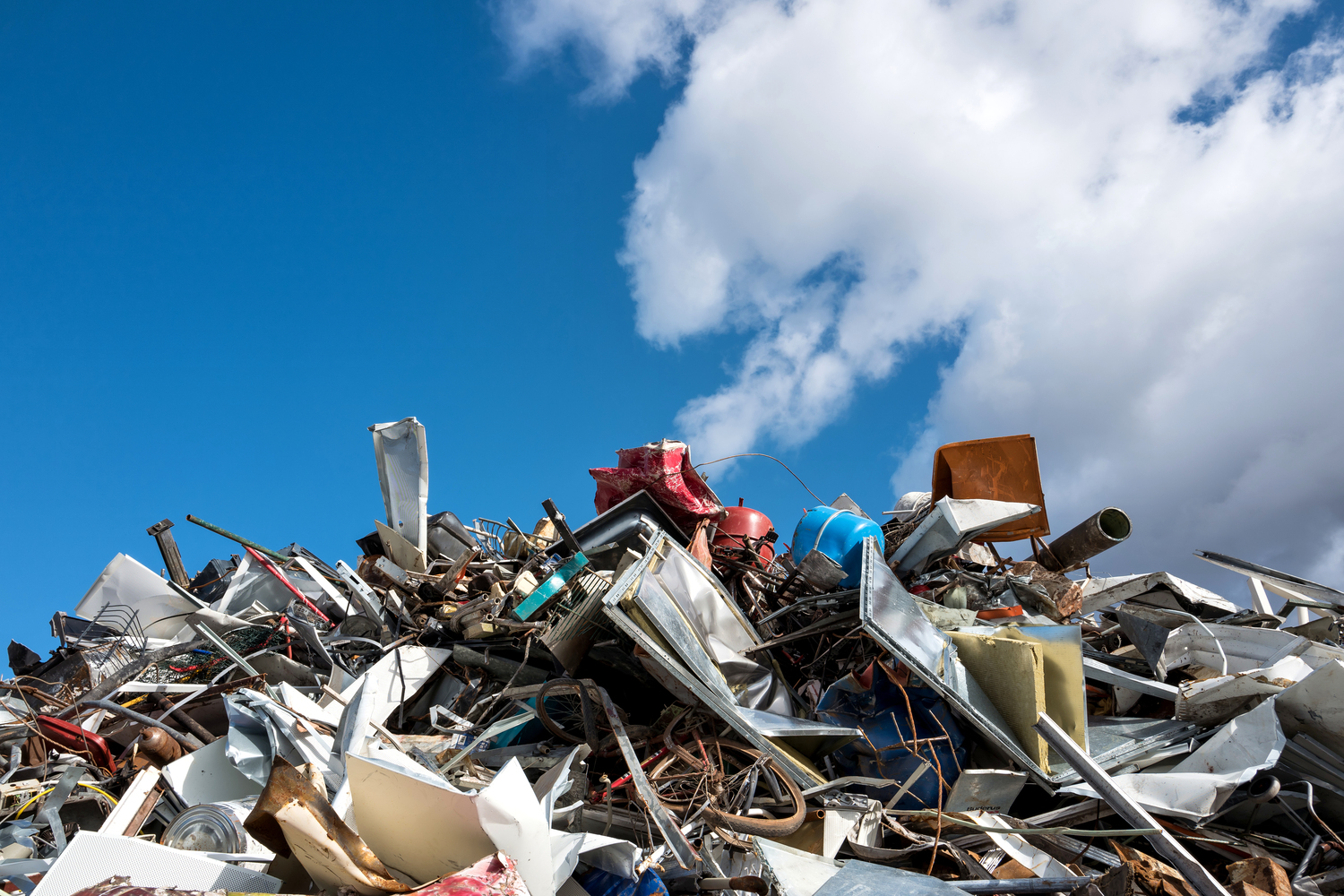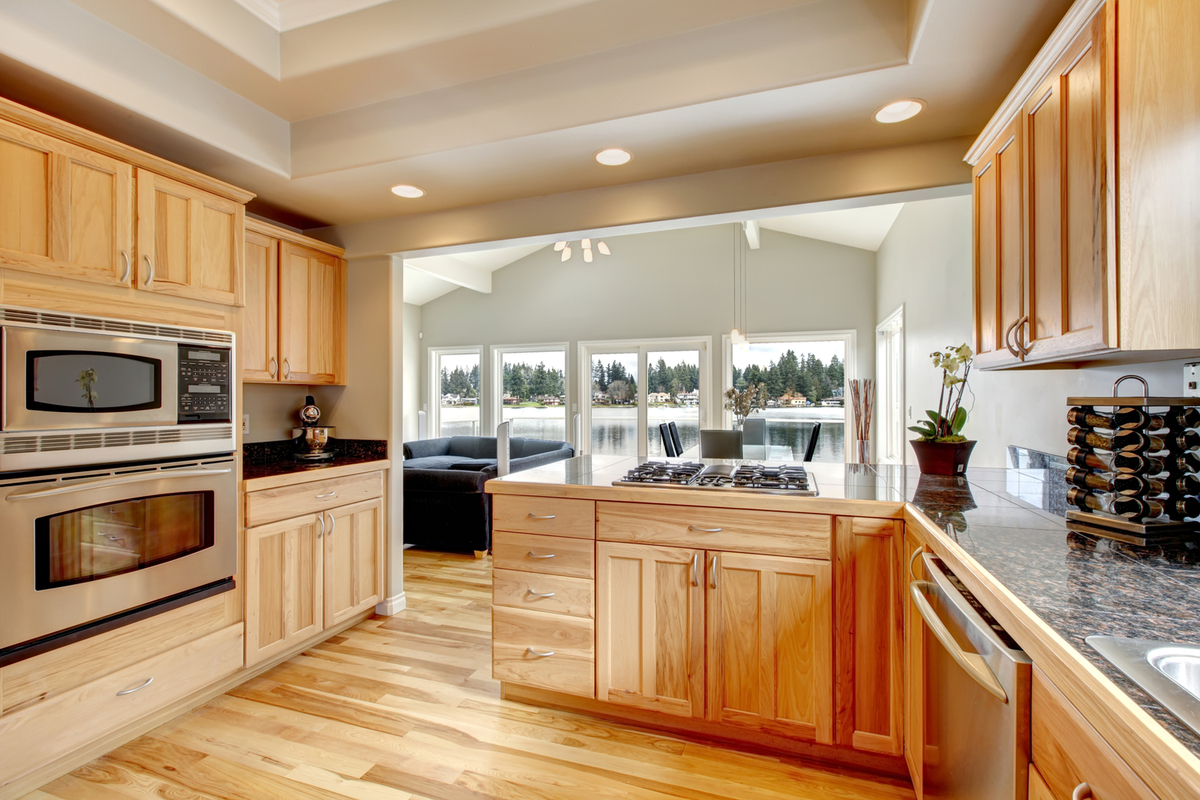Dumpster Rental: A Complete Guide to Choosing the Right Dumpster for Your Project
Renting a dumpster is a practical solution for managing waste during construction projects, home renovations, cleanouts, or any large-scale cleanup effort. Whether you’re cleaning out your garage, tackling a landscaping project, or managing a construction site, dumpster rental services provide a convenient way to dispose of large amounts of waste without the hassle of multiple trips to the landfill. In this article, we’ll explore the essential aspects of dumpster rental, including types of dumpsters, how to choose the right one, and the factors that affect the cost of renting a dumpster in the USA.

What is Dumpster Rental?
Dumpster rental refers to the process of renting a large waste container for the disposal of materials and debris. Rental companies deliver the dumpster to your location, and once it’s filled, they haul it away and dispose of the contents at a local landfill or recycling center. Dumpster rentals are essential for both residential and commercial projects where large amounts of waste need to be managed.
Renting a dumpster helps to streamline the disposal process by offering an efficient, cost-effective, and environmentally-friendly way to deal with construction debris, household waste, and even yard waste.
Key Benefits of Renting a Dumpster:
- Convenience : Avoid making multiple trips to the landfill.
- Time-Saving : Saves time during cleanup or renovation projects.
- Safe and Hygienic : Keeps waste contained, preventing debris from spreading.
- Cost-Effective : Often cheaper than hauling waste individually or renting a truck.
Types of Dumpsters Available for Rent
There are several types of dumpsters available for rent, and each type is designed to accommodate specific kinds of waste. Selecting the correct dumpster size and type is crucial to ensure you’re not overpaying for space or underestimating your needs.
1. Roll-Off Dumpsters
Roll-off dumpsters are the most common type of dumpster rental. They are large, open-top containers that are ideal for heavy-duty projects. These dumpsters are typically delivered by a truck that “rolls” the dumpster off the truck bed and onto your property. Roll-off dumpsters are available in several sizes, typically ranging from 10 to 40 cubic yards.
Best For :
- Construction projects
- Large cleanouts
- Home renovations
- Yard waste removal
Popular Sizes :
- 10-yard
- 20-yard
- 30-yard
- 40-yard
2. Front-Load Dumpsters
Front-load dumpsters are typically used for commercial purposes, such as businesses or apartment complexes. They are smaller than roll-off dumpsters and are intended to be emptied by specialized front-load trucks that lift the dumpster from the front.
Best For :
- Regular waste disposal (e.g., businesses, restaurants, retail stores)
- Small-scale commercial operations
Popular Sizes :
- 2-yard
- 4-yard
- 6-yard
- 8-yard
3. Yard Waste Dumpsters
Yard waste dumpsters are specialized containers designed specifically for yard waste, such as grass clippings, tree branches, leaves, and other landscaping debris. These dumpsters typically have lower weight limits compared to other dumpsters and are ideal for homeowners and landscaping projects.
Best For :
- Lawn and landscaping projects
- Tree trimming or removal
- Garden cleanups
Popular Sizes :
- 10-yard
- 15-yard
4. Compactor Dumpsters
A compactor dumpster is a heavy-duty dumpster designed to handle a large volume of waste. It comes equipped with a compaction mechanism that compresses the waste, allowing more debris to fit into the container. These dumpsters are ideal for businesses with high waste output or construction projects that generate a lot of bulky debris.
Best For :
- Large commercial projects
- High-volume waste disposal
- Demolition projects
Popular Sizes :
- 15-yard
- 20-yard
- 30-yard
How to Choose the Right Dumpster
Choosing the right dumpster for your project is essential for ensuring that you don’t waste money or space. Here are several factors to consider when renting a dumpster:
1. Project Size
The size of your project will determine the size of the dumpster you need. For smaller cleanups, a 10-yard dumpster may be enough, while larger construction projects or home renovations may require a 30-yard or even a 40-yard dumpster.
- Small Projects (e.g., garage cleanouts, small renovations): 10-15 cubic yards.
- Medium Projects (e.g., home renovations, large cleanups): 20-30 cubic yards.
- Large Projects (e.g., commercial construction, large demolitions): 30-40 cubic yards.
2. Types of Waste
Different types of waste may require different dumpsters. For example, yard waste may be placed in a specialized yard waste dumpster, while construction debris may require a standard roll-off dumpster. Make sure to choose a dumpster that suits the type of materials you need to dispose of.
- Construction Debris : Roll-off dumpster
- Yard Waste : Yard waste dumpster
- Household Junk : Roll-off dumpster or front-load dumpster
3. Budget
Dumpster rental costs can vary depending on the size, type, and location of the rental, as well as the length of time you need the dumpster. While it may be tempting to rent a smaller dumpster to save money, choosing the wrong size can lead to additional fees if you end up needing a larger container or making multiple trips.
- Standard roll-off dumpster : Typically costs between $300 and $600 for a 7-day rental, depending on the size.
- Additional fees : Many companies charge extra for overfilling the dumpster or for certain restricted materials.
4. Duration of Rental
Consider how long you need the dumpster. Most rental companies offer 7-day rental periods, but additional days can often be added for an extra fee. For long-term projects, you may want to opt for a company that offers flexible rental terms.
5. Location
The location of your property may impact the delivery and pickup process. Ensure that the area where the dumpster will be placed is easily accessible for the delivery truck, and check with your city to ensure you don’t need a permit to place the dumpster on the street.
Dumpster Rental Costs
The cost of renting a dumpster can vary widely based on several factors, including the type of dumpster, the size, and the location. Here is a general overview of the factors that influence pricing:
| Factor | Details |
|---|---|
| Size of Dumpster | Larger dumpsters generally cost more. |
| Type of Waste | Special waste (e.g., hazardous materials) may increase the price. |
| Rental Duration | Longer rental periods cost more. |
| Location | Prices may vary by city or region. |
| Weight Limit | Exceeding the weight limit may result in extra fees. |
General Dumpster Rental Costs:
- 10-yard dumpster : $200 – $400
- 20-yard dumpster : $300 – $500
- 30-yard dumpster : $400 – $600
- 40-yard dumpster : $500 – $700
Additional fees may apply for:
- Overweight loads : If you exceed the weight limit.
- Additional days : Rental periods longer than the standard 7 days.
- Special materials : Certain materials like electronics, paint, or tires may incur extra fees for disposal.
Renting a dumpster is an excellent solution for managing waste during large projects, from home renovations to large-scale cleanouts or construction work. Understanding the types of dumpsters available and how to choose the right one based on your project’s needs will help ensure a smooth and cost-effective waste disposal process.
Before renting a dumpster, be sure to assess the size of your project, the type of waste you’ll be disposing of, and the rental costs. By considering these factors, you can select the perfect dumpster for your needs, saving both time and money.
References:
- Dumpster Rental 101: A Beginner’s Guide – Dumpster Rental Guide
- How to Choose the Right Dumpster for Your Project – Waste Management
- Pricing and Cost Factors for Dumpster Rental – HomeAdvisor




